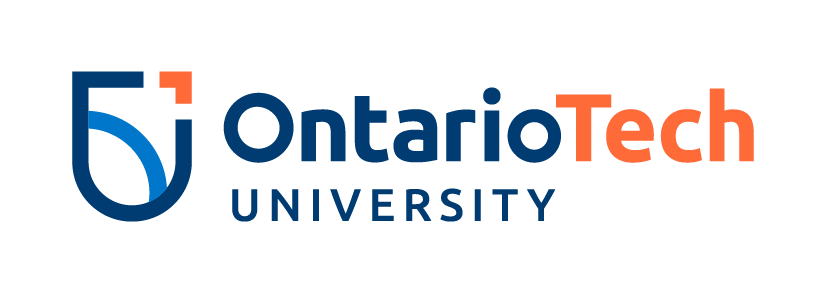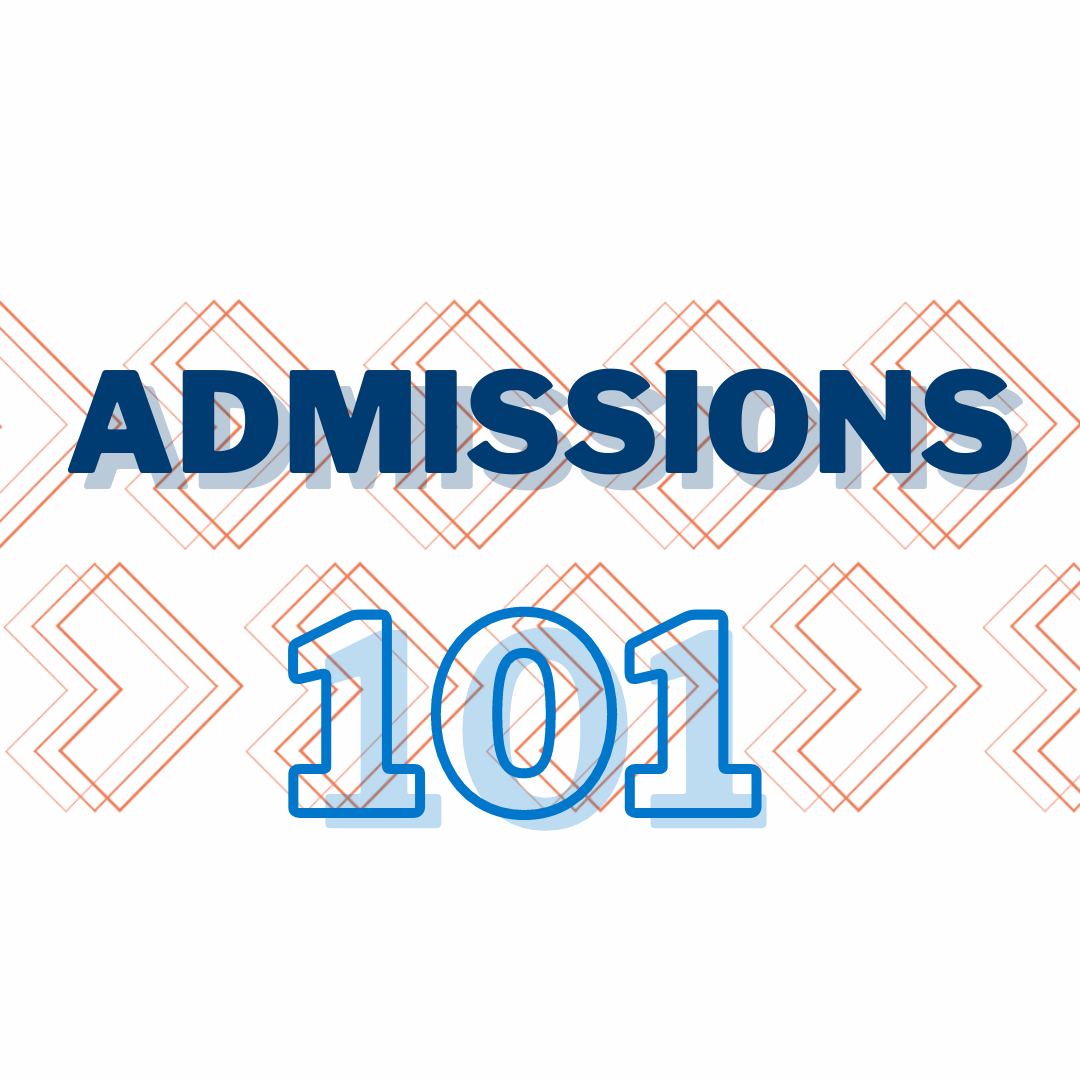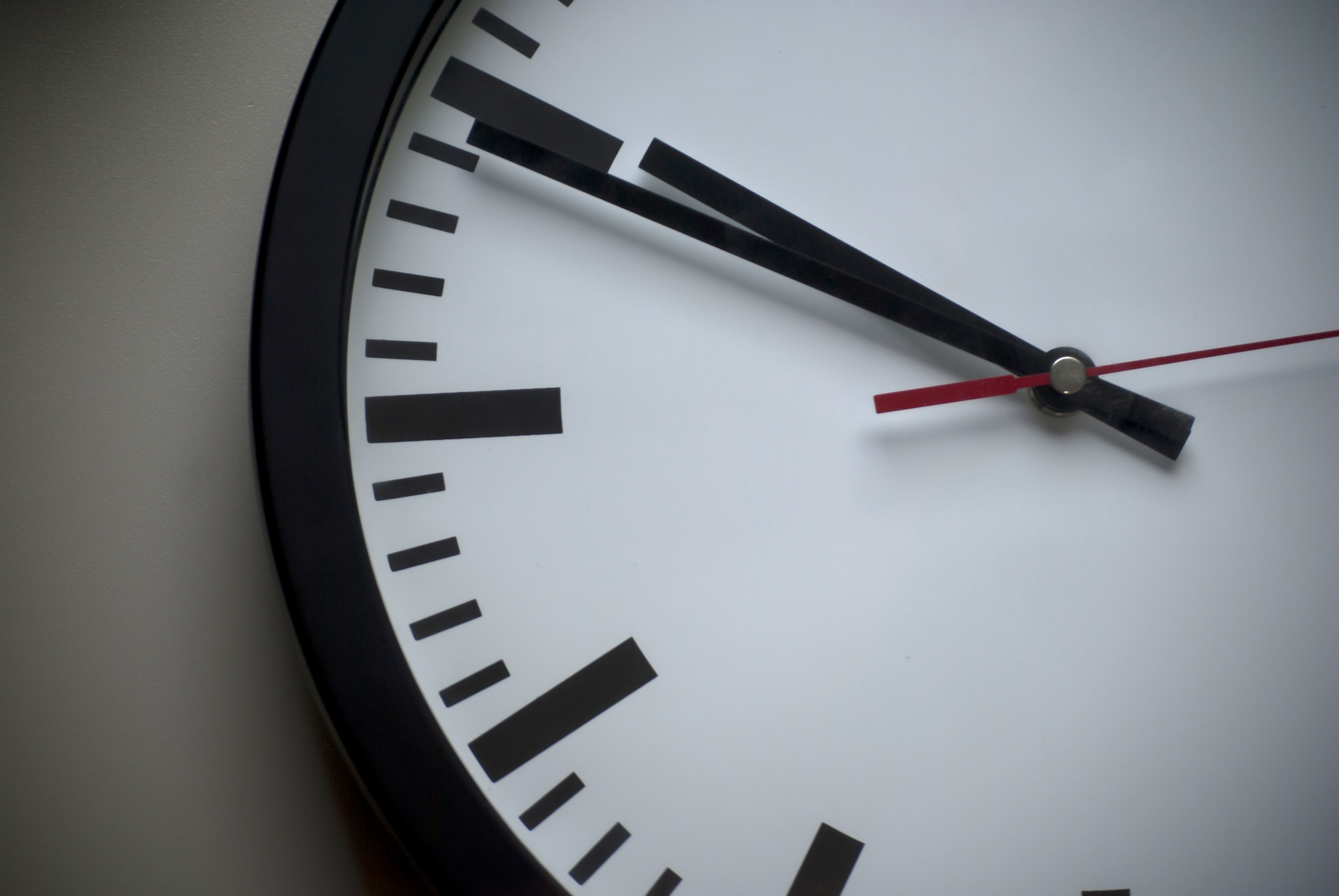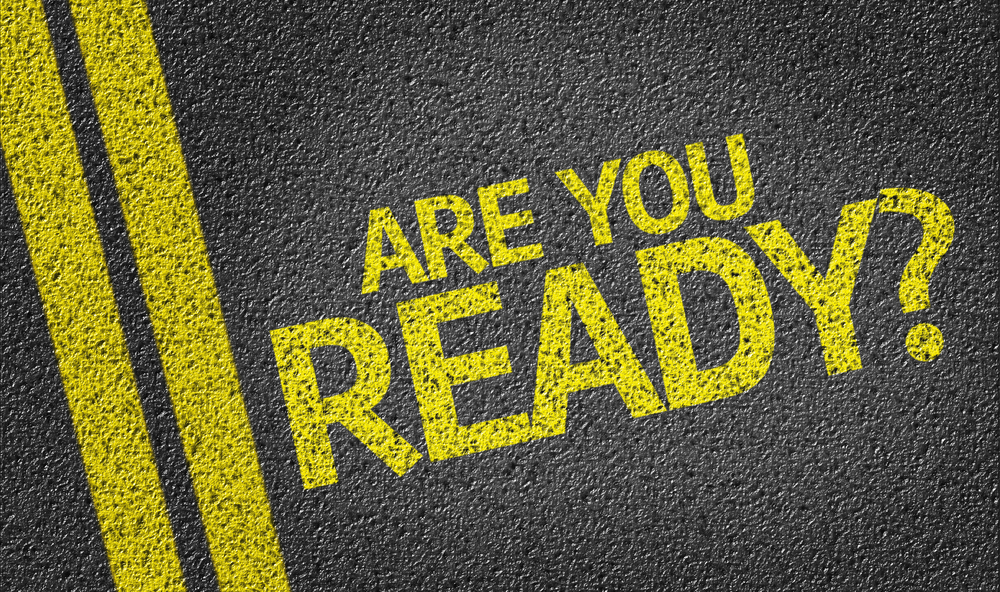University involves extensive research—both to choose the right one😉 and for when you arrive. Did you know that Ontario Tech is one of Canada's top 50 research universities?
Choosing a research topic
When you start to conduct research, you need to make sure that you have an idea of the problem you are trying to solve. Think of a problem or subject that you want to look into and investigate. You may even want to consider assembling a team or group of friends who also want to join you in your venture. The idea you settle with, should also be something that hasn't already come to conclusions by other researchers. Try looking through databases to find some academic articles, primary sources or government publications based around your topic. This can help you narrow down your idea, while also checking if the topic has already been researched from your angle.
Setting up your hypothesis
Now it's time to make your hypothesis. The hypothesis you create should be clear, brief and it should be testable. There should be different variables you use to evaluate your findings, the dependent and independent variables. The dependent variable is what's being tested during the research period. The independent variable on the other hand, is what a researcher may change and control in order to evaluate the result on the dependent variable.
Setting up a hypothesis may be important for scientific or quantitative research, but it's not necessary for qualitative research which deals with non-numerical data. Whichever type of research method you choose, you may need to start designing an experiment and thinking of ways to gather information.
Collecting data and establishing conclusions

During the experimentation period, you can carry out the procedures you designed. Some of the experiments might be conducted in the lab or maybe you'll have to go to a specific location to collect data. You and your team may even need participants for the study as well. For qualitative based research, you may need to conduct experiments in a different way. The data you need can be collected through methods such as case studies, surveys or focus groups.
Once you've collected all of your information, you can start to analyze the data and make connections from your findings. There are quite a few ways you can bring your information together. This can be done by creating inferential statistics, descriptive statistics, content analysis, a narrative analysis and more. It's important to have a strong analysis that produces accurate results while strengthening the credibility of your research.
What are some problems you would like to solve and start to research for yourself? Comment below👇








